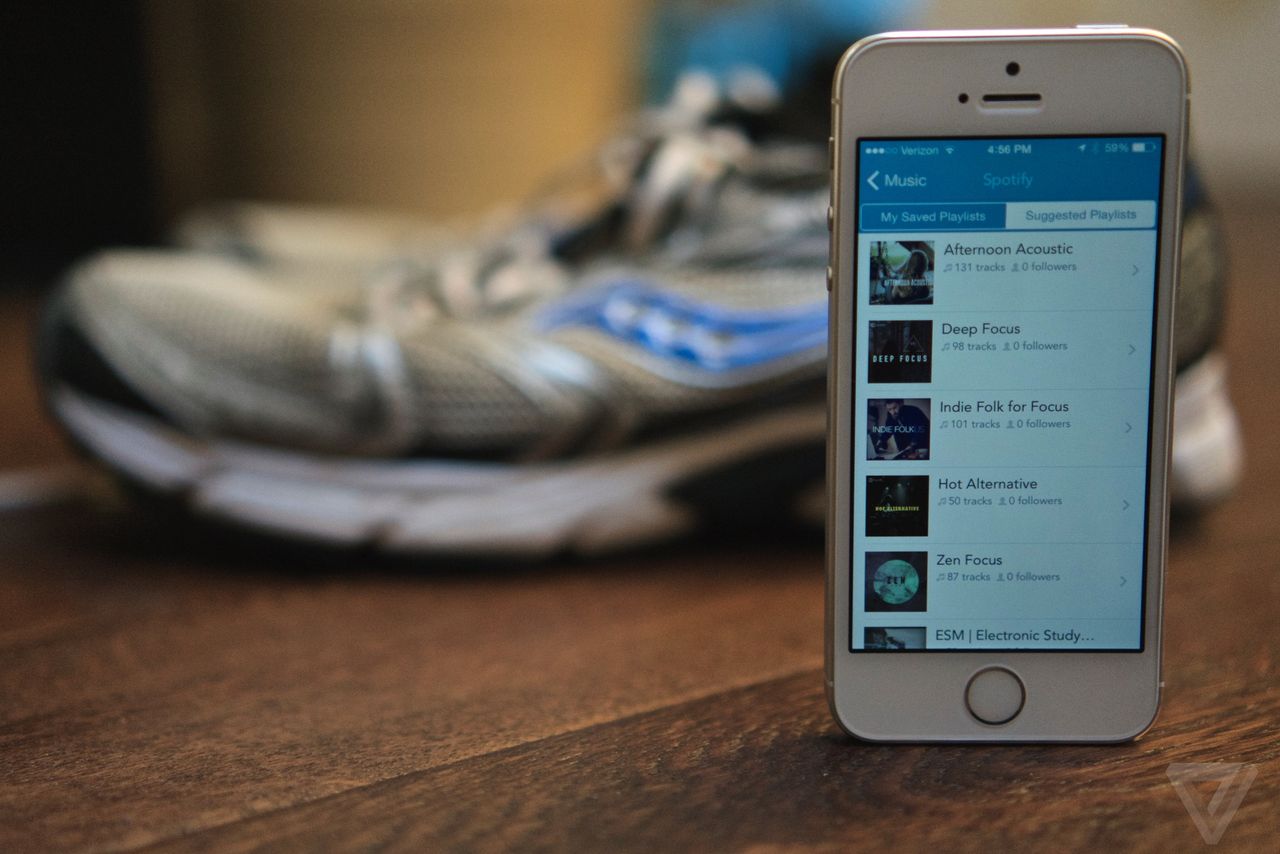 I officially left the mobile world back in ’09. But, of course, since then, we’ve seen the meteoric rise of the iPhone, folks getting the idea of mobile apps, and a wave of small companies realizing the value of merging GPS, mobile, and tracking – I didn’t get too far.
I officially left the mobile world back in ’09. But, of course, since then, we’ve seen the meteoric rise of the iPhone, folks getting the idea of mobile apps, and a wave of small companies realizing the value of merging GPS, mobile, and tracking – I didn’t get too far.
As a not-so-clueless observer (here’s an article I wrote in July ’06 of the exploration I was doing around this topic), I have had an interest in the apps these small companies created. In the past many years, I’ve tested many of these apps and use two on a regular basis – Nike Running and Moves.
One thing I am excited about is I feel like we’re still in a Cambrian Explosion, a crazy boom of multiple experimentations that promises to reveal the patterns that will go and evolve and dominate. The industry needs to be able to sample the total possibility-space of the intersection of mobile, sensors, and activity (such as fitness). And, as with the Cambrian Explosion, there will be many dead ends, many patterns that will die and fail, genetic exchange of ideas that die in one place but live on in another.
One interesting thread in the last few years is the gobbling up of leading fitness apps by major brands. Lauren Goode, of The Verge, wrote an interesting article on this trend. She characterizes it as the “end of the indie fitness app“. My favorite line refers to the burnishing these brands are getting when buying a well-known fitness app brand.
It’s your favorite indie rock album being used in commercials for Target.
She also points out the slow creep of assimilation these brands are experiencing, but I don’t think it’s all that evil that “your runner’s high is getting monetized”. In then end, money has to be made, and some things are best as part of a multi-layered offering, each helping the other (some day ask me about my billion dollar bookmark business example).
But it’s a fair thing to point out – user beware.
Health
Of course, where I keep bumping into this fusion of the mobile lifestyle, sensors, and activity is in healthcare (not just fitness or activity tracking, but wellness and behavior as well). Fitness tracking is one thing, but, as Lauren points out, we’re now “carrying around pocket computers [storing] our health information [at high] levels of granularity.”
Ponder that. Do we have to take into consideration that popular app we use will someday belong to Google, or Under Armor, or CVS?
No more indie feeling, indeed.
Thoughts?